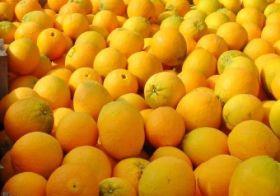
Shipments of citrus to Malaysia will now have to comply with phytosanitary requirements following amendments to citrus import protocols as of 1 January 2015.
The Malaysian Department of Agriculture (DOA) has introduced new regulations, changing Malaysia from a non-protocol state for fruit exports, in order to step up protection against fruit fly and citrus greening.
The new protocols affect shipments from leading citrus exporters to Malaysia including the US, South Africa, Egypt and Australia. Other nations affected are Argentina, China, Spain, Turkey, France, India, Taiwan, Vietnam, Cyprus, Italy and Thailand. All other citrus exporters will need to submit an application for import approval by the DOA.
The new conditions include acquiring an import permit and a phytosanitary certificate as well as a quarantine certificate; inspection by the relevant plant protection organisation of the exporting company; and possible inspection by Malaysian quarantine officers upon arrival.
Malaysian imports of oranges and mandarins accounted for 34.1 per cent of Malaysia’s total fruit imports in 2013, according to the International Trade Centre, with the US supplying 32 per cent of Malaysia's imported oranges. Total US citrus exports to Malaysia are worth US$25bn, according to the USDA, which released as statement saying that trade disruptions could occur as importers adjust to the new regulations.
Shipments that departed before 31 December 2014 and that arrive in Malaysia before 28 February will not be affected by the new regulations.



